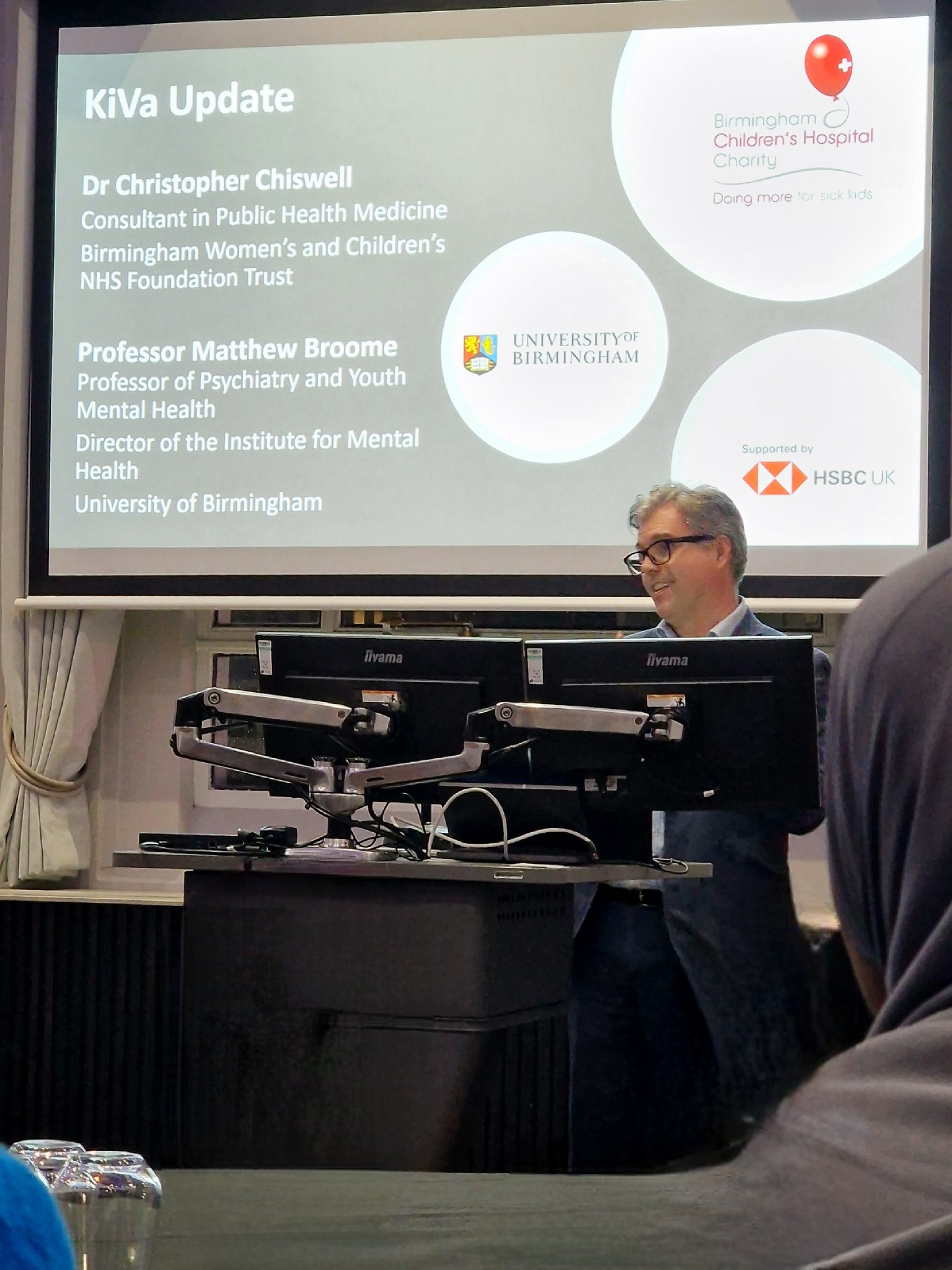Introduction from the Director of the Institute for Mental Health Professor Matthew Broome

2022 felt a little more normal for the Institute. By April, it seemed as if the University had fully re-opened, we had an in-person strategy event at The Exchange in June, and, in the new academic year in October, we were able to welcome our third cohort to the MSc Mental Health and our new doctoral researchers in our Wellcome Trust-funded Midlands Mental Health and Neurosciences PhD Programme for Healthcare Professionals. In parallel, it has been exciting seeing the refurbishment of Gisbert Kapp progress over the year, in particular, how the new Wolfson Research Unit for Youth Mental Health and the Clinical Research Facility has come together. This offers the IMH a bespoke research space, allowing us to bring together wider academic colleagues from across the University, with researchers in the NHS, schools, and social care, and increased space for the youth advisory group and our doctoral students.
In August of 2022 the IMH reached its 5-year anniversary, allowing us an opportunity to reflect on the investment we’d received alongside our achievements with senior leaders at the University.
At this point, we’d far exceeded the targets set for us in terms of grant capture and MSc recruitment, and are seen as rapidly becoming one of the leading centres of mental health research in UK, focusing on interdisciplinary youth mental health, with a strong and distinctive international profile and real-world impacts.
In October we heard the fantastic news that the Oxford Health NIHR Biomedical Research Centre application (£35M) had been successful, which includes the IMH together with our NHS partners, Birmingham Women’s and Children’s NHS Foundation Trust and Birmingham and Solihull Mental Health NHS Foundation Trust. This brings a substantial investment in mental health research infrastructure, across five themes, to the University and Trusts. We also hope in 2023 to be one of two UK Mental Health Mission sites (£9.9M) for the Office of Life Sciences/NIHR, recognising our track record and expertise in translational research in mood and psychotic disorders.
We have an exciting year ahead: a new physical space, increased support for translational research with the NHS, and new staff having joined us and to join us. I am particularly delighted that Ms Stacey Smith has joined us as a permanent member of staff as our Institute Operations Officer. The IMH is an internationally leading site for mental health research and teaching and, as we go forward, we will continue to address important societal problems together with our strong partnerships, interdisciplinarity, and young people, at our core.
